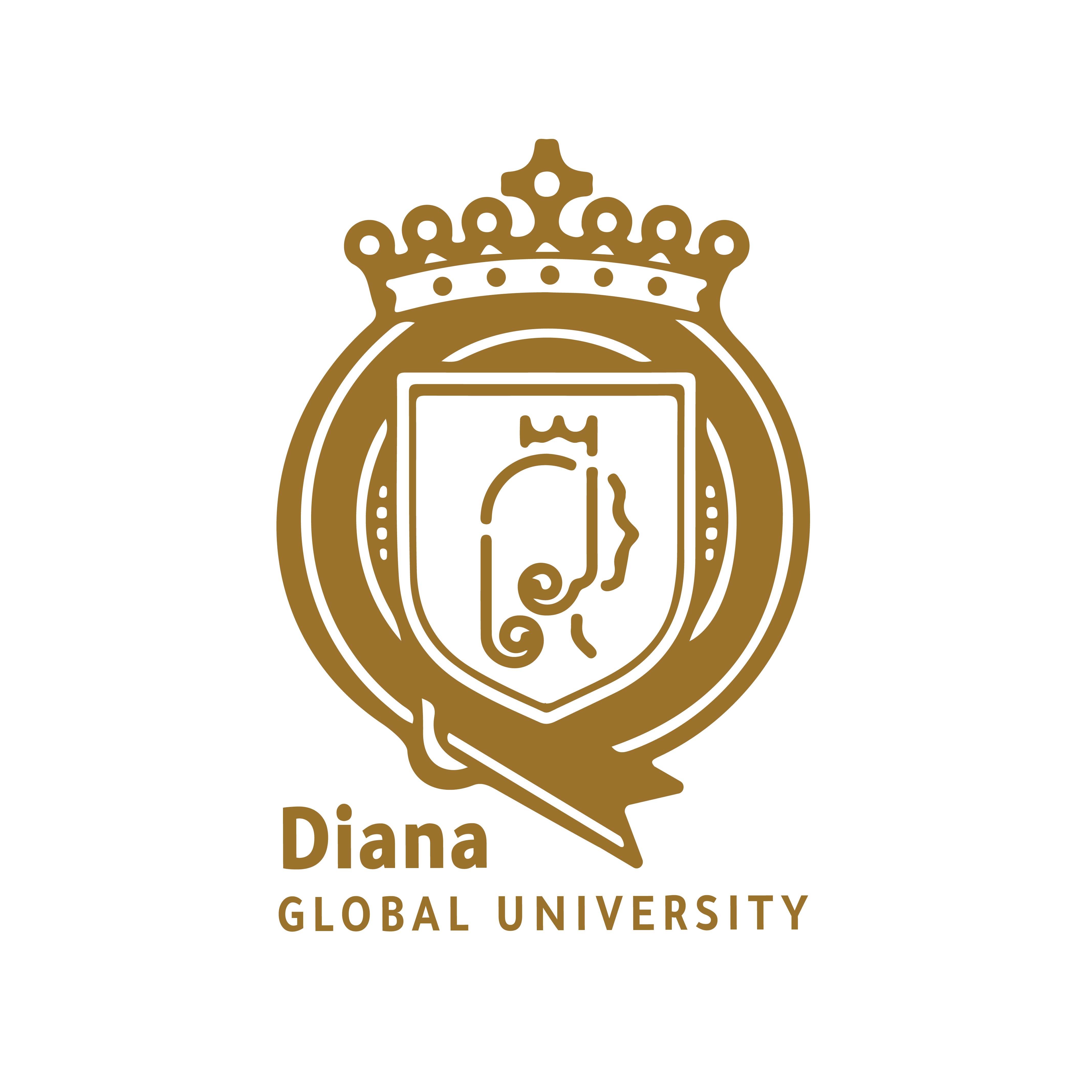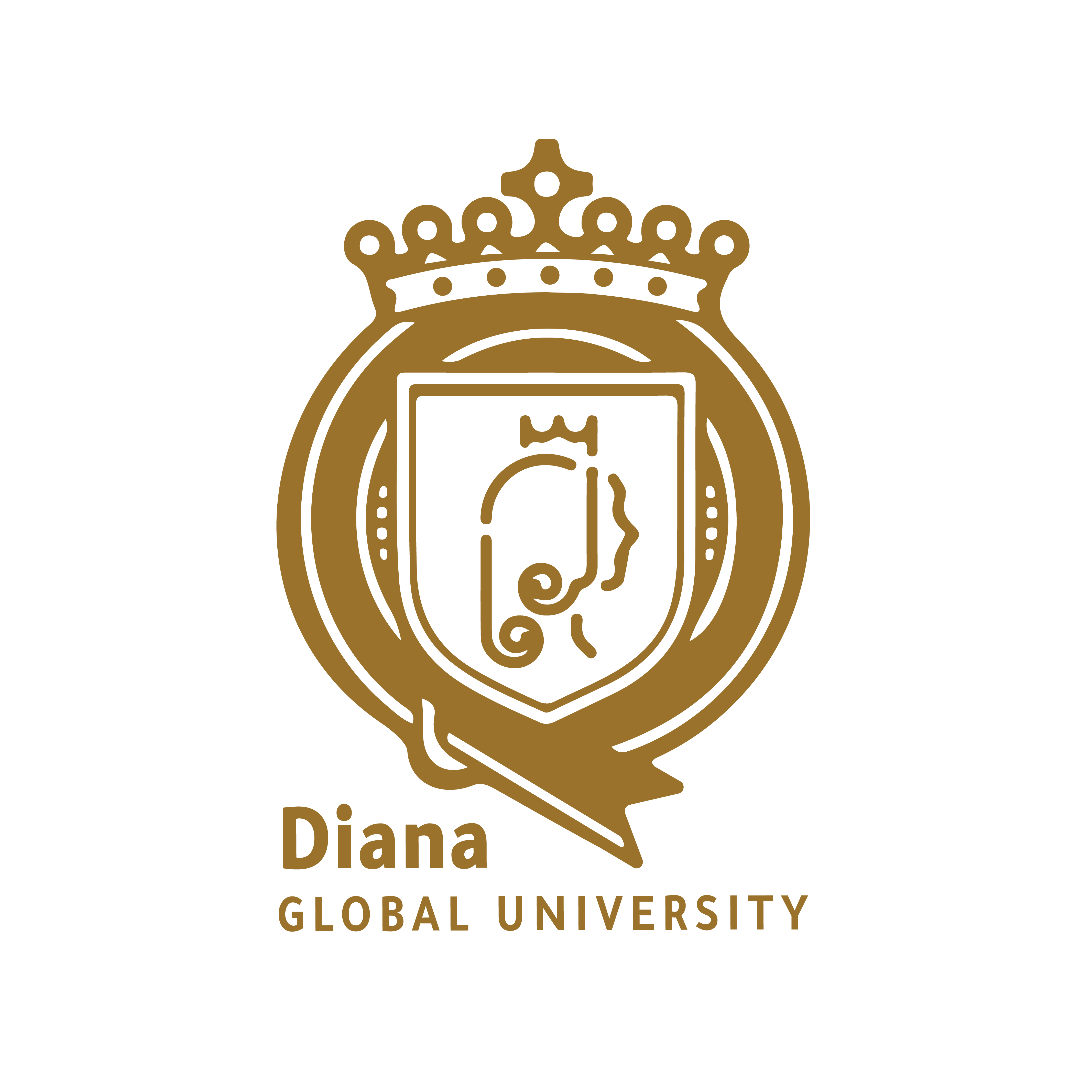Study System
Learn about the methods and techniques of study at Diana INTL College
As most American and European colleges, Diana INTL College adopts traditional education system; students attend classes and do their academic work duties regularly. In addition, Diana College adopts open education based on the applicable curricula and controls of well-known and internationally recognized universities that adopt open education.
Diana INTL College has faculties in various disciplines and humanities. The college awards bachelor’s, master’s and doctoral degrees and receives students from all over the world as long as they meet the required conditions.
The study at the College is traditional / open. A student of the College sets written and oral exams, does research projects, and attend seminars. Upon graduation, a student gets an internationally recognized certificate.
Online Study
The student is registered in our electronic system and is enrolled in the program in which the student was admitted (bachelor’s degree, master’s degree, or Ph.D.). The student starts studying online by logging in our electronic system. Then, the student studies the materials in each semester and does the online assignments.
Traditional Study
The Traditional education where the student in this type of study can perform assignments regularly on the campus of the college in London or in one of the college’s s branches around the world.
Online Study
The student is registered in our electronic system and is enrolled in the program in which the student was admitted (bachelor’s degree, master’s degree, or Ph.D.). The student starts studying online by logging in our electronic system. Then, the student studies the materials in each semester and does the online assignments.
Students can communicate with professors directly through questions and discussions in the seminars in the electronic system. Also, they can use one of the electronic means of communication in case the professor needs to directly contact the students. This method is used in theoretical disciplines, humanitarian and academic disciplines, except medical and pure specialties that require provision of laboratories.
The professor asks the student’s exam questions online and the students are informed of the date, time and duration of the exam
The professor introduces meaningful academic discussions in the seminars. The students are required to participate actively in the seminars and the professor of the course shall comment on the discussions. The professor shall give students grades according to their interaction and participation in discussions.
Electronic Exam Method
Short tests, mid-term and final exams are conducted through our electronic system. The lecturer informs the students of exam’s date and duration allowed to take the exam.
In the initial studies (the bachelor’s degree), there is an exam at the end of the studies.
The professor shall formulate the examination questions as applied in traditional education. The students shall answer the questions in the set time in order to consolidate the academic materials in the mind of the student.
For postgraduate students (the master’s degree or PhD) in the two semesters, the (academic supervisor) of the student shall formulate research questions and the student is theoretically trained on writing them in a (research method course). The student’s answer shall be written in the form of a (research report) where a plan derived from the question is developed and the answer is given to each paragraph.
The marks of the answers are determined by the lecturer for the bachelor’s degree students and by the academic supervisor for the master's and doctoral students. The marks are sent to the academic assistant in the student’s college. The college issues the documents and sends a copy to the Office of Graduate Studies and Academic Supervision. Such copies are placed in the student’s file.
Documents
Graduation documents are issued in coordination between the deans of the faculties and the presidency of the college. They are approved by the concerned departments in addition to the embassy of the student's country in the United Kingdom.



